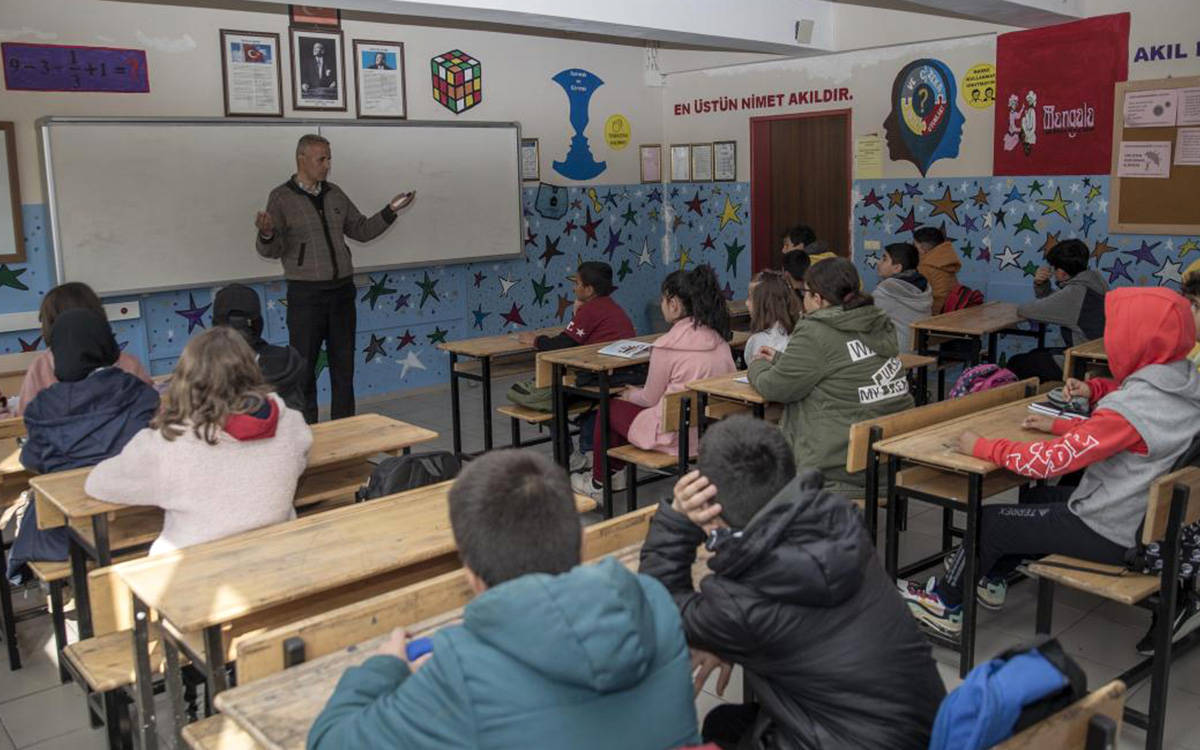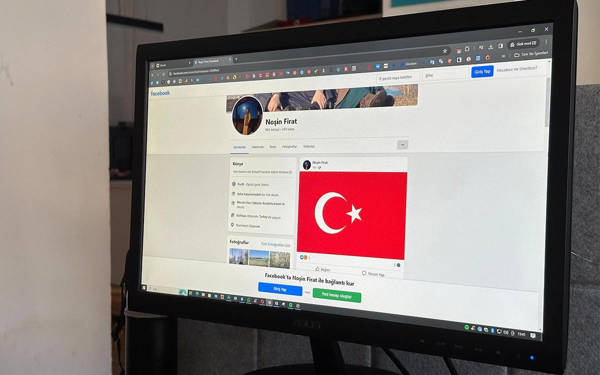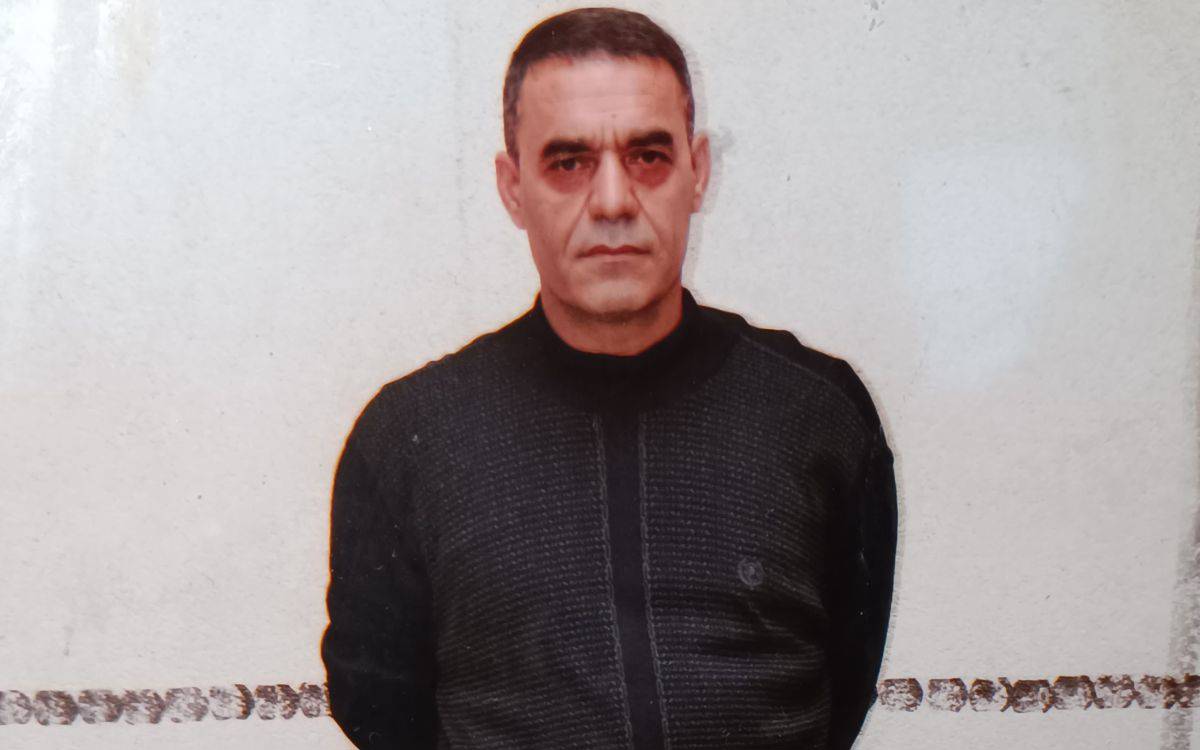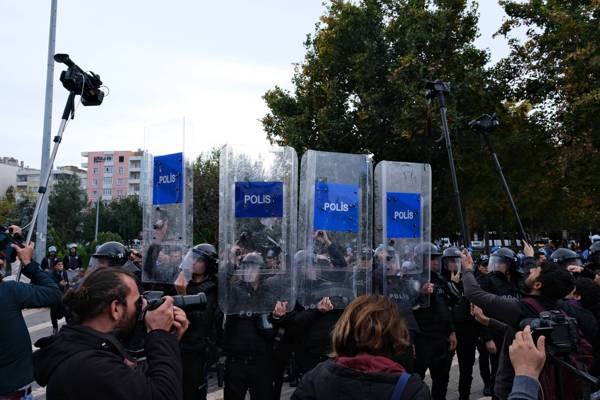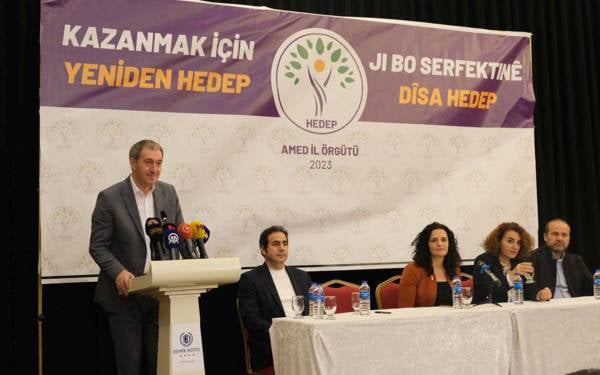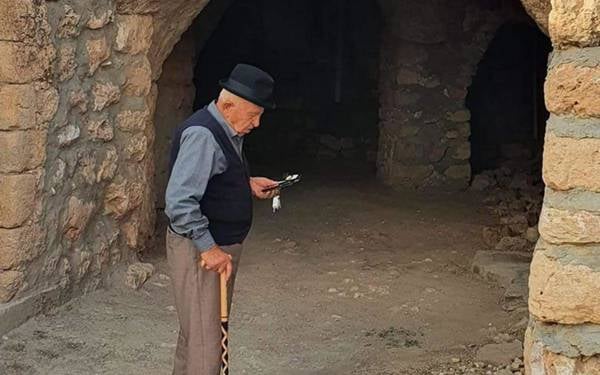In accordance with a communiqué published in the Official Gazette on November 29 private school students in Adıyaman, Hatay, Maraş, and Malatya provinces, as well as Antep's İslahiye and Nurdağı districts, will receive educational support.
For the academic year 2023-2024, the plan is to provide support ranging from 12,800 to 18,000 lira for 40,000 students enrolled in private pre-schools, primary, middle, and high school levels under Law No. 5580.
It's noteworthy that the specified areas, including Adıyaman, Hatay, Maraş, and Malatya, are among those most affected by the February 6 earthquakes, whereas Antep's other seven districts, along with Adana, Diyarbakır, Kilis, Osmaniye, and Urfa, are not included in the list.
Excluded schools
The communiqué outlines the amounts of educational support for each student at different educational levels, including pre-school, primary, middle, and high school. However, students enrolled in private vocational and technical education schools in organized industrial zones that receive government support will not benefit from this educational support.
The Ministry of National Education (MEB) website states that details regarding the types of schools eligible for support, student numbers, criteria for selecting students and schools, and other relevant matters will be specified in a guide published by the MEB.
A representative from the Turkey Private Schools Association (TÖZOK) told bianet that the decisions outlined in the communiqué are at the discretion of the Presidency, and they are obligated to comply.
Unions remain skeptical
Commenting on the situation, İsmail Bozoğlan, the Hatay Provincial Representative of the Private Sector Teachers' Union, remarked, "Supports are not being spent on a more qualified education; they are going into the pockets of employers."
He expressed skepticism about the true intentions behind the communiqué, stating, "Firstly, we need to question whether this practice is genuinely a step towards rebuilding the education process buried under the rubble in the region, or if it is a lifeline to the flawed system where schools are treated as businesses, students as customers, and teachers as slaves, disrupted by the earthquake."
Bozoğlan argued that the Ministry of Education should take steps to meet the needs of teachers and students in all 11 earthquake-affected provinces. He emphasized that these steps should strengthen the education system and provide students with a better future.
Duygu Özbay, Co-Chair of the Education and Science Workers' Union (Eğitim Sen) Diyarbakır Branch, also spoke to bianet, emphasizing that quality public education is every child's right. She criticized the MEB for being inadequate in improving the physical conditions of schools and constructing new ones in earthquake-affected areas, stating, "The MEB encourages families to send their children to private schools. Education should be designed based on societal needs and children's rights, not on neoliberal needs."
Situation in Diyarbakır
Faruk Korkmaz, a Board Member of the Diyarbakır Chamber of Commerce and Industry (DTSO) and Vice Chair of the DTSO Education and Science Foundation, drew attention to Diyarbakır being in the earthquake-affected region.
He said, "Our city was evaluated within this scope in the post-disaster efforts of state institutions. Under normal circumstances, Diyarbakır should have been included in the scope of this communiqué."
In Diyarbakır, where 414 people lost their lives in the February 6 earthquakes, 4,611 structures with 10,299 independent sections were reported as heavily damaged, and 3,428 buildings with 14,013 independent sections were reported as moderately damaged.
A total of 21 buildings with 449 independent sections collapsed, and urgent demolition decisions were made for 67 buildings. Among a total of 6,699 structures, 45,246 independent sections were recorded as damaged.
Currently, 2,400 people reside in the Kayapınar Temporary Accommodation Center, which houses 621 containers. (BA/VK)






